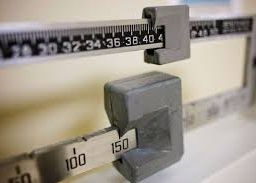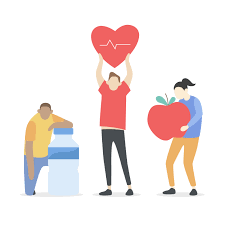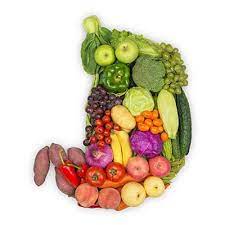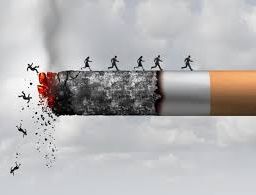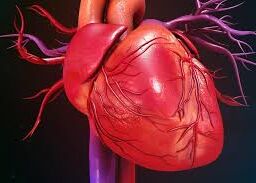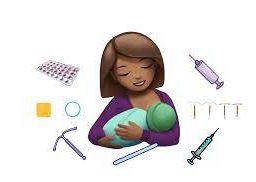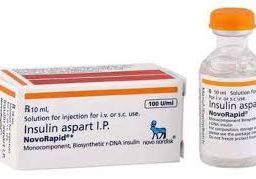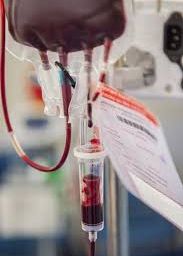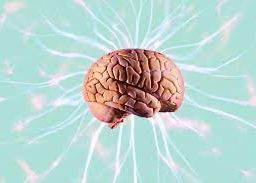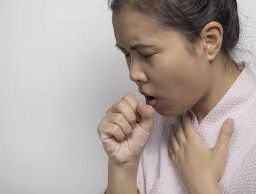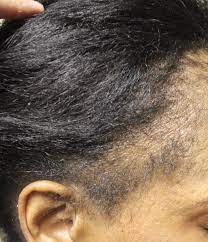
Women’s Health: Strategies for Wellbeing and Resilience
womens wellbeing is a topic surrounded by myths and misconceptions that can impact their well-being. We will now debunk common myths about womens wellbeing, empowering women to make informed decisions about their health and seek the care they need.
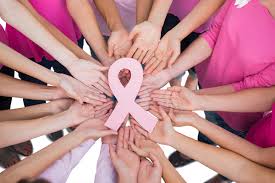
Womens wellbeing is a topic that is often shrouded in myths and misconceptions. These myths can be harmful as they can prevent women from seeking the care they need or lead to unnecessary worry and anxiety. In this post, we will debunk some common myths about women’s wellbeing.
Myth #1: There is Need to Worry About Heart Disease for Women’s Wellbeing
One of the most pervasive myths about women’s wellbeing is that heart disease is a “man’s disease”. In fact, heart disease is the leading cause of death for women in the United States, killing more women than all forms of cancer combined. Women are also more likely than men to die within a year of having a heart attack. It’s important for women to know the symptoms of a heart attack and to seek medical attention immediately if they experience them.
Myth #2: Women Shouldn’t Lift Weights Because It Will Make Them Bulky
Weightlifting is a great way to build strength and improve overall health, and it’s a myth that women should avoid it because it will make them bulky. Women don’t have enough testosterone to build large, bulky muscles like men do. Instead, weightlifting can help women build lean muscle mass, which can help them burn more calories and improve their overall health.
Myth #3: Women Don’t Need to Get Regular Pap Smears After Menopause
Pap smears are a screening tool for cervical cancer, which is one of the most common cancers in women. While the risk of cervical cancer decreases after menopause, it’s still important for women to get regular Pap smears as the risk of developing other gynecological cancers, such as ovarian cancer, increases as women age. Women should speak with their healthcare provider to determine the appropriate screening schedule for their individual needs.

Myth #4: Women Should Always Douche to Cleanse Their Vagina
Douching is not necessary and can actually be harmful to vaginal health. The vagina is a self-cleaning organ, and douching can disrupt the natural balance of bacteria, leading to infections and other health problems. Women should avoid using products, such as douches or scented soaps, that can disrupt the natural pH balance of the vagina.
Myth #5: Women Don’t Need to Worry About Osteoporosis Until They’re Older
Osteoporosis, a condition that weakens bones and makes them more susceptible to fractures, is often thought of as a condition that only affects older women. However, bone density begins to decline in women as early as their 20s, and women who have a family history of osteoporosis or who have certain medical conditions may be at increased risk. Women should speak with their healthcare provider about their risk factors for osteoporosis and steps they can take to prevent it.
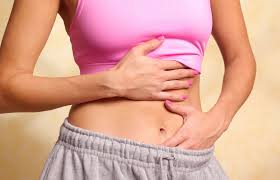
Myth #6: Women Don’t Need to Worry About STDs if They’re in a Monogamous Relationship
Some people believe that if they’re in a monogamous relationship, they don’t need to worry about sexually transmitted diseases (STDs). However, STDs can be transmitted through any kind of sexual contact, and even if both partners have never had sex with anyone else, they can still be exposed to STDs. It’s important for women to get tested for STDs regularly and to use protection during sexual activity.
Myth #7: Women Shouldn’t Exercise During Their Period
There’s a common misconception that women shouldn’t exercise during their period because it can be harmful or uncomfortable. However, exercise can actually help relieve menstrual cramps and boost mood and energy levels and improve women’s wellbeing. Women should listen to their bodies and adjust their exercise routine as needed, but there’s no reason to avoid physical activity altogether during menstruation.
Myth #8: Breast Cancer Only Affects Older Women
While it’s true that breast cancer is more common in older women, it can affect women of any age. In fact, breast cancer is the most common cancer among women under 50. Women should perform regular breast self-exams and talk to their healthcare provider about recommended screening and prevention measures based on their age and risk factors.
Myth #9: Women Who Have a Hysterectomy Can’t Have Sex
A hysterectomy, which is the surgical removal of the uterus, does not necessarily affect a woman’s ability to have sex. While some women may experience changes in sexual function or desire after a hysterectomy, others may not. It’s important for women to talk to their healthcare provider about any concerns they have about sex after a hysterectomy.
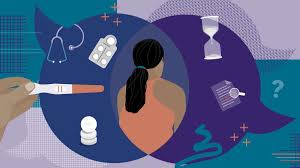
Myth #10: Women Should Always Have a Period Every Month
There’s a misconception that women should have a period every month, and that missing a period is a sign of pregnancy or a health problem. In fact, some forms of birth control, such as the hormonal IUD, can stop periods altogether or make them lighter and less frequent. Women should talk to their healthcare provider about their options for birth control and how they may affect their menstrual cycle.
In conclusion, there are many myths about women’s wellbeing that can prevent women from getting the care they need or lead to unnecessary worry and anxiety. It’s important for women to be informed about their health and to speak with their healthcare provider about any concerns they may have. By debunking these myths, we can help women make informed decisions about their health and well-being.
Disclaimer: The information provided in this content is for general informational purposes only. It is not intended as medical or healthcare advice, diagnosis, or treatment. Always seek the advice of a qualified healthcare professional with any questions you may have regarding a medical condition or healthcare decisions.


